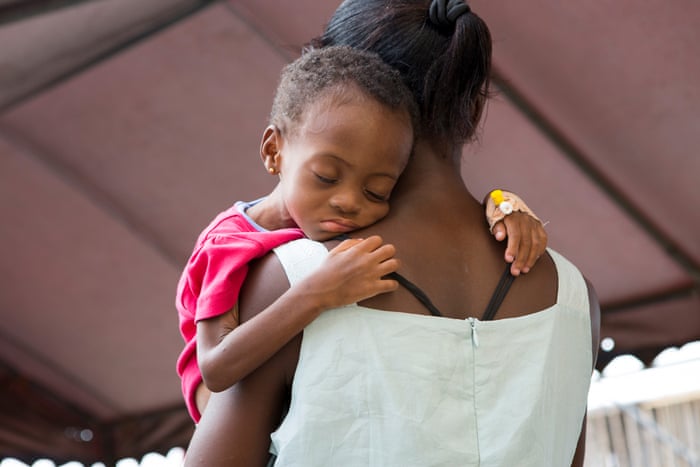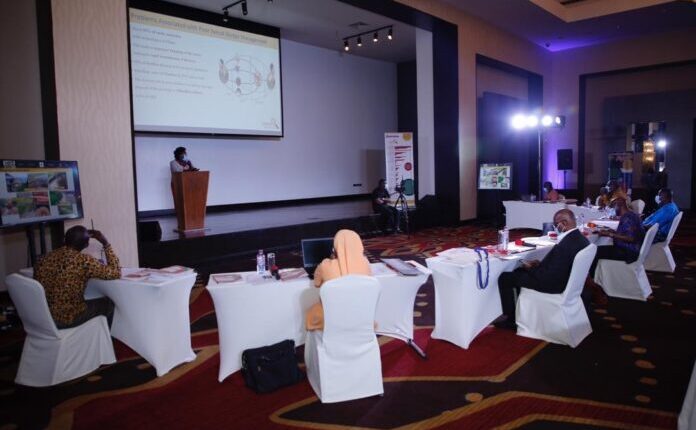Ghana needs GHC3.5 trillion to meet nutrition needs of over 850k children, pregnant women – Study
Ghana needs GHC3.5 trillion in order to provide adequate nutrition to 850,000 pregnant women and over 4,000 infants in the country.
This is according to findings of a new study by a Senior Lecturer at the Department of Economics at the University of Development Studies, Dr. Haruna Issahaku.
Per the study, the nutritional value should include multiple micronutrient and calcium supplementation, exclusive breastfeeding of infants, and improving complementary feeding interventions.
It is expected that adequate nutrition would reduce maternal death by 82% and 16% stunted growth in children under five years and ultimately minimize infant mortality.
Currently, one out of every five children in Ghana is malnourished due to endemic poverty, especially in the northern parts of the country.

Dr. Haruna Issaheku made this known when he presented findings of the study to a seven-member Eminent Panel at the “Ghana Priorities Conference” in Accra on Sunday, August 9, 2020.
The event was organized by the National Development Planning Commission (NDPC), in collaboration with the Copenhagen Consensus Centre, an international think tank.
The conference will allow the Panel to critique 80 priority policy interventions using the cost-benefit analysis, to provide government and the donor community with the most effective policy solutions to accelerate socio-economic growth.
Dr Issaheku said, for instance, it would cost government GHc203 million annually to provide multiple micronutrition solutions to pregnant women.
Also, it would cost the government GHc26 million annually by way of breastfeeding promotions and sensitization programmes, in order for 174,000 mothers to undertake exclusive breastfeeding, which will save 745 infant lives annually.
The nutrition intervention, he said, would cost the nation to the tune of GHc623 million and compel 43,000 extra mothers to undertake exclusive breastfeeding.
Dr Issaheku noted that should the government invest one Ghana cedi in nutrition solution interventions, GHc24 would be accrued to the nation.
Meanwhile, Prof. Charles Adjasi of the University of Stellenbosch Business School, who presented a study on poverty interventions, outlined four measures to alleviate poverty in the country.
They included providing skill training to help individuals pursue economic activities that would earn them regular income, cash transfers to poor households, financial assistance to microfinance enterprises operated by poor households, and social housing or shelter to urban-poor households to enhance livelihoods.
According to UNICEF, many Ghanaian children under the age of five suffer the irreversible effects of malnutrition in their critical first 1,000 days of life.
This is the time in children’s lives that determines their health as adults, their ability to learn in school and to perform at a future job.
Over a quarter of children under the age of five in Ghana suffer chronic malnutrition. These children will never reach their full potential in physical or intellectual milestones. This is not a new pattern. Nearly 40 percent of Ghanaian adults grappled with stunted growth as children.



